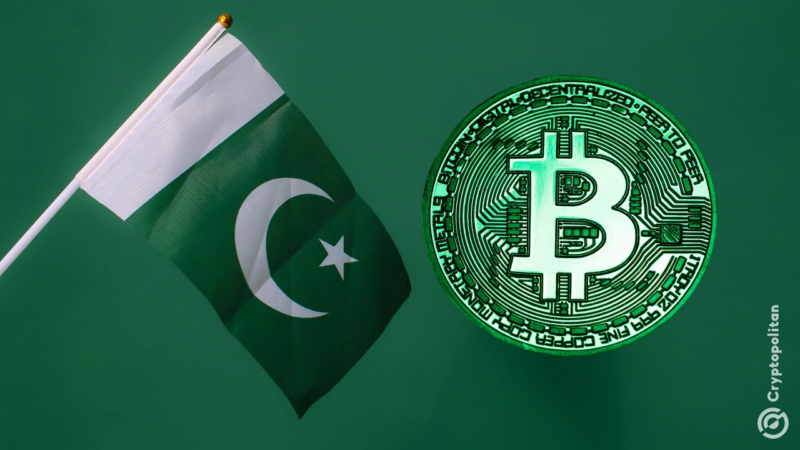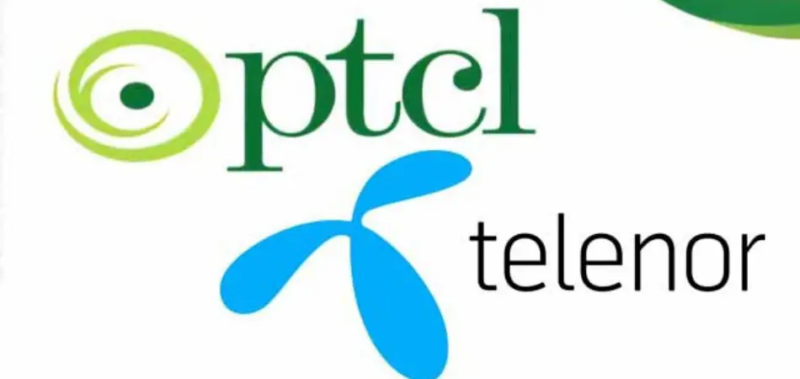Pakistan Sends Wheat Seeds to Space Aboard SpaceX Dragon Capsule
In a remarkable step for Pakistan’s space initiatives, engineer Mahhad Nayyar and botanist Muhammad Haroon successfully sent Pakistan-origin wheat seeds into space. The seeds traveled aboard the SpaceX Dragon Capsule, which launched from NASA’s Kennedy Space Center on August 1, 2025. This experiment is part of the Kármán-Jaguar Earth Seeds for Space partnership, a global project studying how crops behave in microgravity.
From Aspiration to Achievement
Mahhad Nayyar’s fascination with space began early. Initially training at PAF College Sargodha to become a fighter pilot, he later shifted to aeronautical engineering due to vision limitations. A scholarship to the U.S. Air Force Academy introduced him to astronautical engineering, sparking his interest in satellite design and space research.
Determined to see Pakistan represented in international space projects, Nayyar proposed an experiment to the Kármán Project in 2024. His plan to send wheat seeds into space was selected among four worldwide submissions, marking Pakistan’s first space experiment of its kind.
The Science Behind the Seeds
Wheat was chosen for its importance as a staple crop in Pakistan and its suitability for space studies. Scientists aim to observe how microgravity affects stomata, the tiny pores on leaves responsible for water regulation and gas exchange. Insights gained from this experiment could help develop crops more resilient to drought. Once the seeds return to Earth, they will be germinated and analyzed to compare growth and structural changes caused by exposure to space conditions.
A Moment of National Pride
For Nayyar, the mission represents more than science; it is a symbol of national pride. At the Kennedy Space Center, he carried a Pakistani flag, emphasizing the significance of the achievement. He hopes this milestone inspires Pakistani youth to pursue careers in space science and contribute to the country’s growing presence in global space exploration.
Looking Forward
This initiative aligns with Pakistan’s larger space goals, including plans for a manned mission to China’s space station. Nayyar envisions a future where Pakistan invests in domestic space programs and encourages students to design, launch, and study their own space experiments. He also plans to set up a virtual mentorship lab to guide aspiring scientists and innovators.
Reflecting on the mission, Nayyar echoes astrophysicist Neil deGrasse Tyson:
“We are all connected to each other biologically, to the earth chemically, and to the rest of the universe atomically.”
The journey of these wheat seeds marks Pakistan’s first tangible footprint in space agriculture, proving that with vision and determination, even ambitious dreams can take flight.
Also Read
The Complete Aurora Tech Award GuideConclusion: Dream Big, Reach Higher
The journey of Pakistan’s wheat seeds into space is more than a scientific milestone; it’s a reminder that vision, persistence, and innovation can break boundaries. Just like these tiny seeds traveled beyond our atmosphere, your startup ideas can reach heights you never imagined. Every challenge is an opportunity, every setback a lesson, and every bold move a step closer to transforming your vision into reality.
Let this mission inspire you: think bigger, innovate fearlessly, and take calculated risks. If a small seed can go to space, your startup can make a global impact. The sky is not the limit, it’s just the beginning.
FAQ
Wheat is a staple crop in Pakistan and is suitable for studying how microgravity affects plant growth and stomatal traits, which can help develop drought-resistant crops.
Engineer Mahhad Nayyar and botanist Muhammad Haroon coordinated the project, representing Pakistan in the international Kármán-Jaguar Earth Seeds for Space program.
The goal is to study how space conditions affect plant growth, which can provide insights for agriculture on Earth and support long-term space missions.
Yes, Pakistan plans further missions, including manned space projects and mentoring programs to encourage students in space research.




